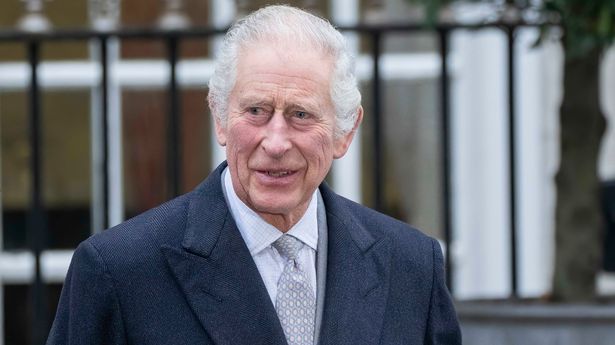On Monday, Buckingham Palace announced that King Charles III has been diagnosed with cancer and will be stepping away from public engagements to undergo treatment. This development comes at a challenging time for the royal family, with Catherine, Princess of Wales, recovering from abdominal surgery and Prince William temporarily reducing his royal duties to care for her.
The disclosure of King Charles’s illness marks a departure from Buckingham Palace’s traditional secrecy regarding the monarch’s health, signifying a shift in approach. Details about the type of cancer the king has remain undisclosed, except for confirmation that it is not prostate cancer. The diagnosis was made following a recent procedure to address a benign prostate enlargement, during which a separate concerning issue was identified.
At 75 years old, King Charles III falls within the peak age range for cancer cases in Britain, according to Cancer Research UK. Despite recent longevity among British royals, there is a history of cancer within the family, notably affecting King George VI, who battled lung cancer before his death at 56. The current king’s desire to share his diagnosis aims to dispel speculation and raise awareness about cancer, reflecting a more transparent approach to health matters.
In terms of succession, King Charles is expected to continue fulfilling state responsibilities while undergoing treatment, without appointing a counsellor of state to delegate his duties. The Regency Act of 1937 outlines the protocol for a regent to stand in for the monarch if necessary, with Prince William, the Prince of Wales, being next in line, followed by his children and then Prince Harry.
The king’s illness also prompts considerations regarding the title of Queen Camilla, his wife. While her official title of Queen consort remains unchanged, her continued engagement in public duties during King Charles’s treatment is seen as an effort to further rehabilitate her public image, especially in light of past controversies surrounding her relationship with Prince Charles.
Prince Harry, who has spoken with his father about the diagnosis, plans to travel to Britain to visit him in the coming days. This gesture is seen as a potential opportunity for reconciliation, both within the family and with the British public, following Harry’s high-profile departure from royal life and relocation to North America. Despite stepping back from royal duties, Prince Harry retains his place in the line of succession.

